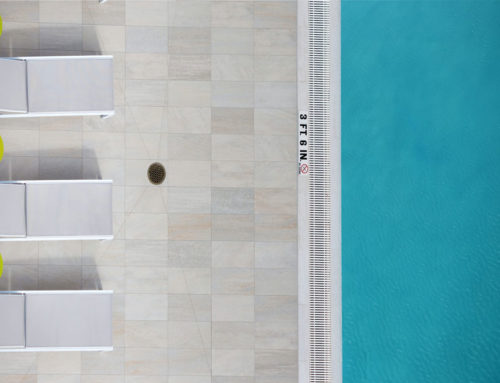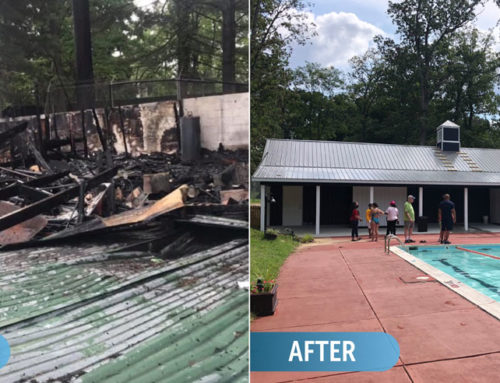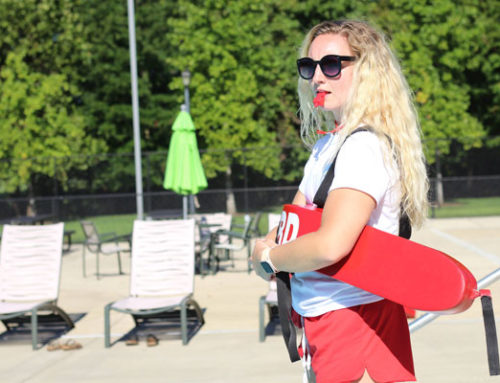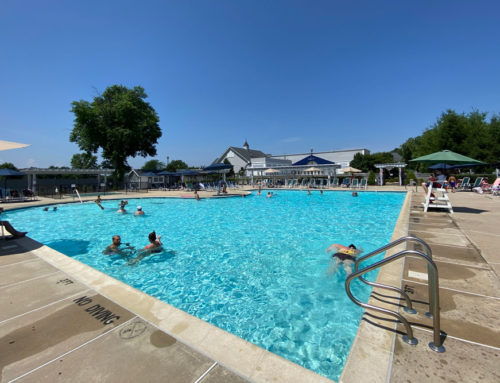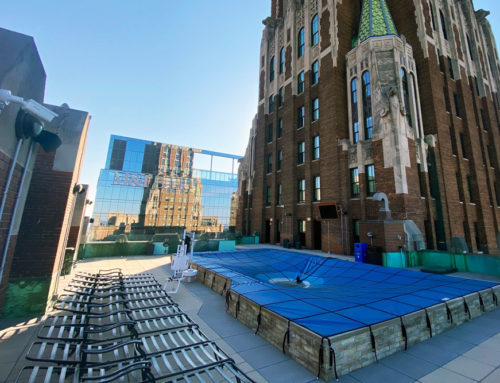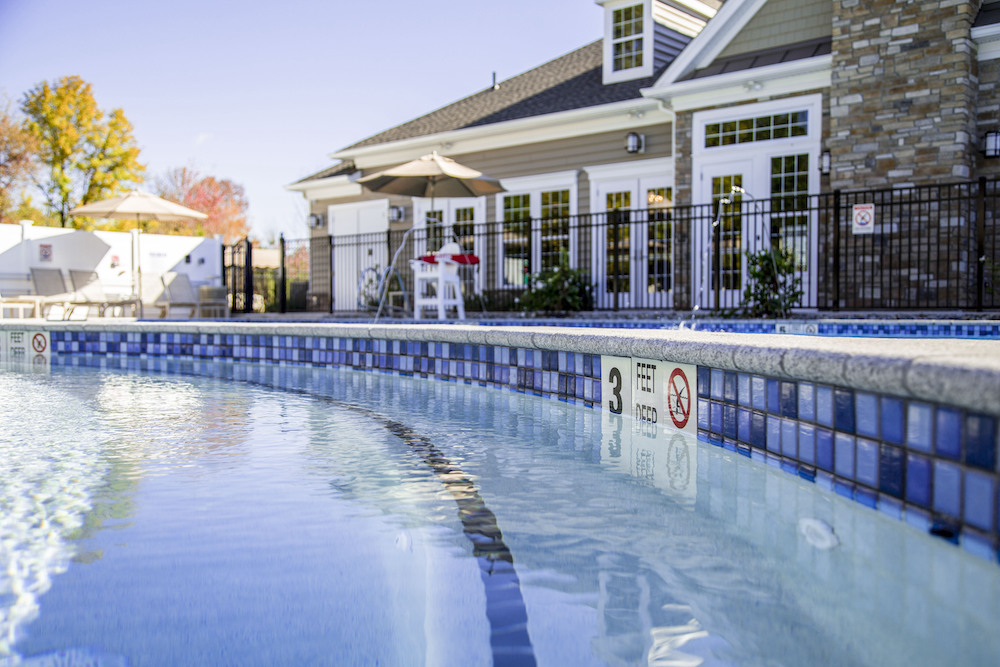
As a swimming pool facility owner, your worst nightmare won’t be a hovering lightning storm, or the lounge chair arrangement, or whether there’s enough hot dog buns for the cookout.
Much like in life, a failing pool season is due to the aspects a facility manager could have controlled, but didn’t recognize (or refused) to do so.
I’ve seen it happen too many times to count: A swim club opts not to replace a pump on its last leg, only to have it burn upon Memorial Day weekend. An apartment complex opts for a cheaper pool operator service, but their pool is shut down after the health department repeatedly fails their water quality inspections or other obvious code violations. An HOA cuts their lifeguard coverage plan down to the bone, but is never consistently open throughout the summer due to staff availability and issues with job satisfaction.
Most often, this is due to a mismatch between a facility proprietor’s goals and their expectations of their swimming pool management service.
What’s worse isn’t that the client had those expectations in the first place, but that there was actually a pool management company out there reckless and apathetic enough to agree to those terms of engagement.
The cooler months are often contract season to (re)negotiate terms for the more popular summer swimming season. If you find yourself in that chair making the decisions on whom to hire to manage your pool this year, you could probably learn a thing or two from the mistakes we see others make way too often.
Mistake #1: You’re hiring the lowest bidder
You get what you pay for. Competing on price is a race to the bottom in almost every industry, and commercial aquatics is no exception. When budget is your absolute top priority, you run the risk of failing to deliver on critical aspects (some of which we’ll cover later) that are non-negotiable for a safe swimming environment.
Cheaper offers are more likely to come with painful caveats, cut corners, or surprise fees. Often, paying a few percentage points more results in a better overall value through a more consistent and capable service.
Mistake #2: You’re not checking your water quality nearly enough
Most facilities will receive regular check-ins and maintenance from their pool management company at least two to three times per week, for a few minutes to a few hours. That means there’s somewhere around 95% of time that your pool is going untested, untreated, and unmanaged while it’s open for the season. This puts more pressure on your lifeguards or other onsite staff to constantly monitor water quality, or throw their hands up in frustration to deal with the other umpteen tasks they oversee on a daily basis.
And while weather conditions and bather loads can change drastically from day to day, so does your pool chemistry. A swimming pool can appear clean while still harboring dangerous contaminants like E. Coli, Legionnaires’ Disease, or rotaviruses.
Times have changed, and much of the swimming pool maintenance has moved into the 21st Century. There are more options than ever to automatically monitor and adjust your water chemistry to maintain near-perfect water quality. Our preferred option, the Aquatics Vision program, combines comprehensive pool automation with 24/7 monitoring and emergency maintenance alerts. It’s also the only pool automation system on the market to calculate free chlorine vs. total chlorine, a critical measure of how sanitized your pool actually is.
Which leads us to our next point …
Mistake #3: You think that gross “chlorine” smell means it’s working
You know exactly what we’re talking about — that sordid chemical smell that you so often smell at sketchy pools that look like they haven’t been brushed in a season or two (or three).
That smell is actually generated by the byproducts of the chlorine sanitation process called “chloramines.” It’s basically the chemical reaction you get when chlorine breaks down germs, sweat, oils, and other contaminants. Without a comprehensive management program, these byproducts linger in the water, stinking up the facility and irritating the eyes and noses of swimmers.
So it actually means the opposite of a clean pool. If any pool operator tells you that the smell means it’s working, walk (no, run) in the opposite direction from that vendor.
Mistake #4: You only approve pool repairs and renovations in emergency situations
Three things in life are certain:
- Death
- Taxes
- Pool equipment breakdowns
One of the most often overlooked aspects of the proposal are renovations, because many people don’t like paying to fix things that aren’t broken yet. Perhaps a pump is five years old and not as good as it once was, or a filter is right on the edge of replacement, or there are a few chips in the pool tiling. So, the client kicks the can down the road and prays they won’t have to eat the renovation costs until next season.
There’s three sequential problems with that line of logic in commercial aquatics:
- Even if the equipment isn’t failing yet, it’s close to failure.
- There is no good or optimal moment for equipment to fail.
- When it does fail, karma miraculously dictates it’s on Memorial Day weekend, or Independence Day.
It would show extraordinary hindsight on our part to not build renovations and repairs into our proposals. That’s why each one is tailored to your facility, and each recommendation we make is backed by at least one expert PHTA-certified technician.
We don’t make these recommendations to nickel and dime a client, but because it’s always better to fix something on your own schedule than when you least expect it. The latter option is, in the long run, more costly and much less convenient.
Mistake #5: You try to develop quality of service through penalties
Your previous vendor must have treated you horribly for you to include this in your RFP. Usually it’s something along the lines of a $100 fine for every time a guard is late, or another payback penalty if the pool’s pH is out of range for any given time period.
This creates an incredibly toxic foundation for a business relationship. For one, it sows distrust off the bat. At any point in the season, it would appear you don’t expect your business partner to meet your expectations.
Second, this is generally not something that any pool management company could accept at face value. Every pool management company makes mistakes — some more than others — but none can afford to take on contracts that guarantee losses. Most vendors will try to build these losses into their proposal (if they respond to it at all) in an attempt to recoup mistakes that will likely occur throughout the season.
We generally collaborate with clients to work around these fears. Perhaps it’s a monetary demerit after the third penalty, or the incidents need to be documented and in writing for us to accept the penalty. From there we can build a level of trust and break through that barrier that your previous vendor built up.
Mistake #6: You’re underestimating safety’s priority
Over 6,600 safety incidents occur at swimming pools every year, but no community ever thinks it will happen to them. The easiest way this shows itself is when we read an RFP that calls for only one lifeguard, or fewer lifeguards than the pool’s layout or total area may require.
So when we see an RFP that doesn’t align with our goal that safety should be your absolute top priority, we take it upon ourselves to educate our prospective clients and make expert recommendations.
We observe each pool’s pool layout to determine its unique number of “Zones of Protection.” These zones correlate to the location and number of blind spots your pool may have from certain vantage points.
For example, a single lifeguard may be unable to see beyond a corner sectioning off the deep end from the lap lanes, so we may suggest hiring an additional guard to monitor that blind spot.
We pride ourselves on our high safety standards, which is why we’re one of the only pool management companies to have our own nationwide lifeguard recruitment program, Guard for Life. Our in-house trained lifeguards are certified by Ellis & Associates, a world-class leader in lifeguard and emergency instruction and certification.
Our standards may be high for our clients, but we believe that’s because a successful and enduring partnership is a two-way street. We hope that you’ll keep these factors in mind when you’re deciding on your next swimming pool management vendor, and please let us know if you would like that to be us!


